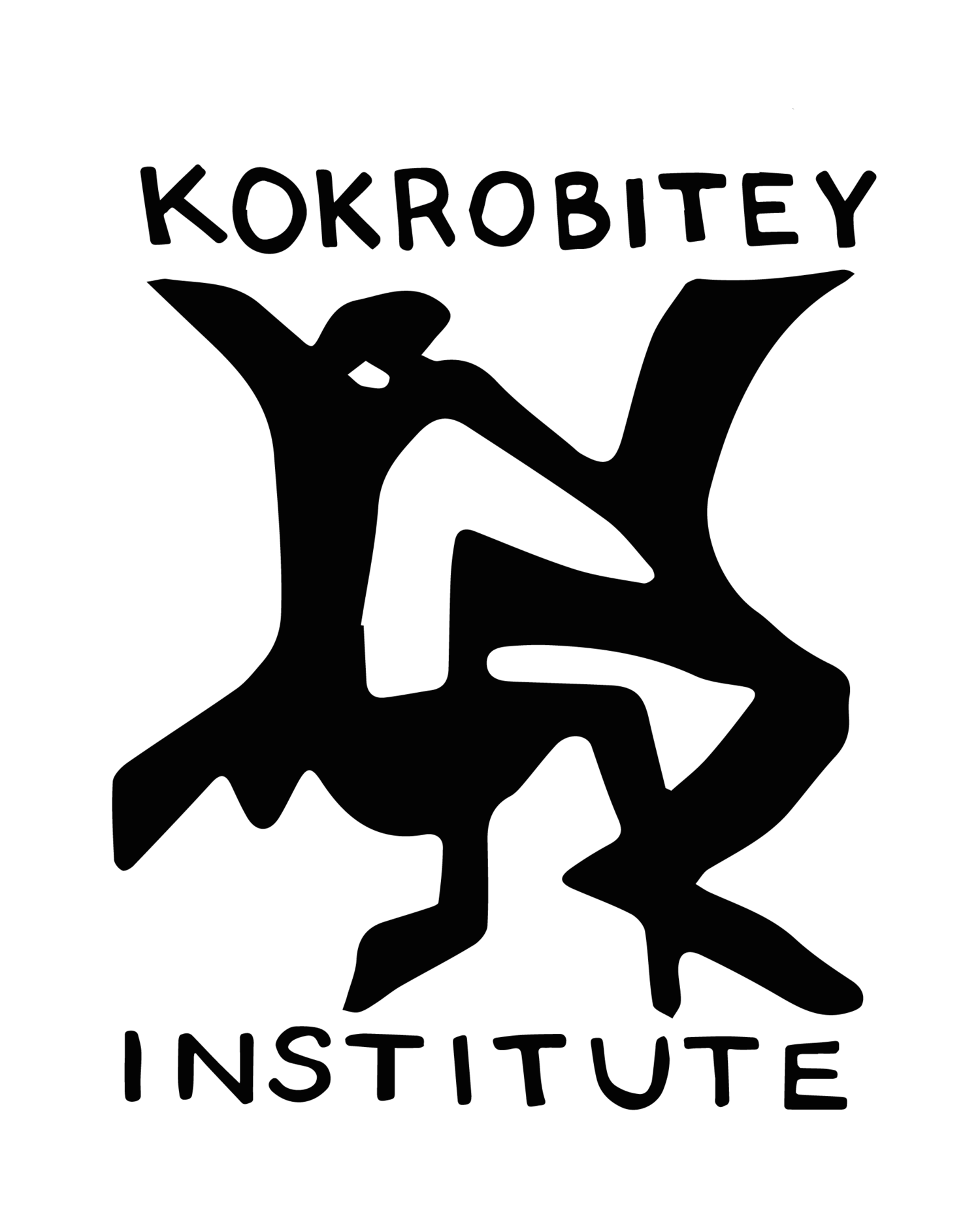Kokrobitey Institute and Like Minded Objects have partnered with the OKO Forest program to develop educational and training materials. OKO Forest Project is an environmentally and socially conscious for profit company that develops regenerative agroforestry systems.
Ghana has lost considerable forest cover in the past 60 years, with an average rate of loss of 2.2% per year. Between 1990-2000 deforestation occurred at an estimated rate of 135,000 hectares per year, and 115,000 hectares per year between 2000-2005 (The Forestry Commission of Ghana, 2010). If current rates of deforestation continue, Ghana will lose its entire natural forest cover by 2030.
The goal of the project is to increase yields per hectare, alleviating poverty, and mitigating the need to clear rainforests. Improving soil fertility through adopting agroforestry practices and initiating the diversification of the farming system and increasing biodiversity. Furthermore, to implement sustainable practices at scale, becoming a major player in Africa's sustainable land use management, adding value to produce and raising incomes in communities, and putting in place local and regional supply chains. The project as a whole and the development of the KSNR agroforestry buffer zone contributes towards the achievement of the UN Sustainable Development Goals 8 and 15 Decent work & economic growth and Life on Land.
OKO has adopted the ‘Farmer Participatory Research (FPR) approach, which involves encouraging farmers to engage in experiments in their own fields so that they can learn, adopt new technologies and spread them to other farmers. With the scientist acting as facilitator, farmers and scientists closely work together from initial design of the research project to data gathering, analysis, final conclusions, and follow-up actions. Before new approaches can be adopted at scale, farmers need to be convinced that these are better than what they are using already, and, very importantly, that they have significant economic benefits. Through workshops Farmers learn about these new approaches and then design and discuss practices that are most suitable for their own local conditions and fit well into traditional practices.
Other Benefits of the OKO operation include rainwater harvesting that's built into the model to help increase yields and provision for potential fire control. As well as carbon capture, Altus Impact LLC have conducted a basic estimate using the FAO EX-Ante Carbon-balance tool. They have found a potential capture of 700,000 tones CO2 equivalent avoided emissions within the next 15 years (until 2030) assuming a 5-year agroforestry implementation phase over 10,000 hectares.

















